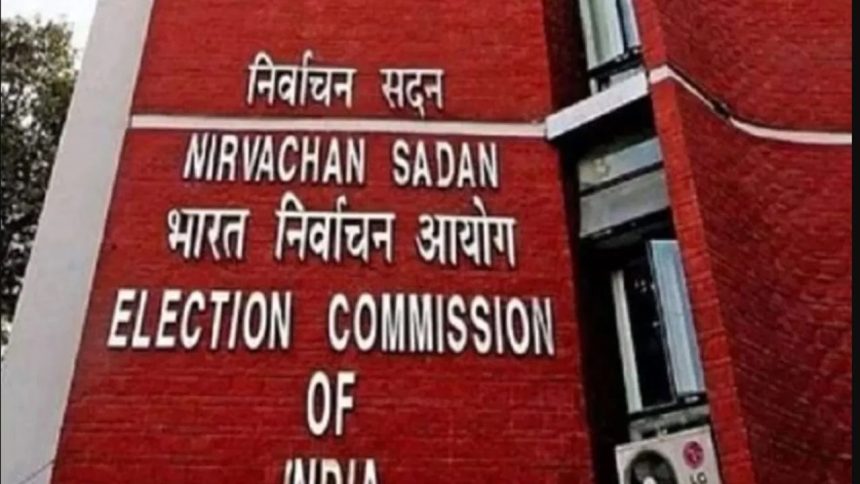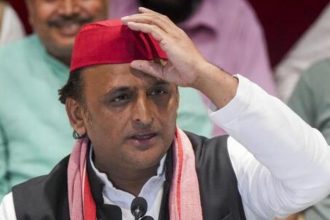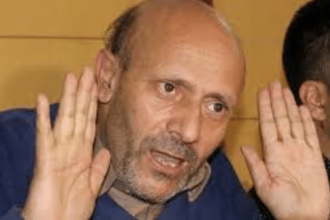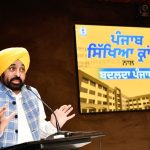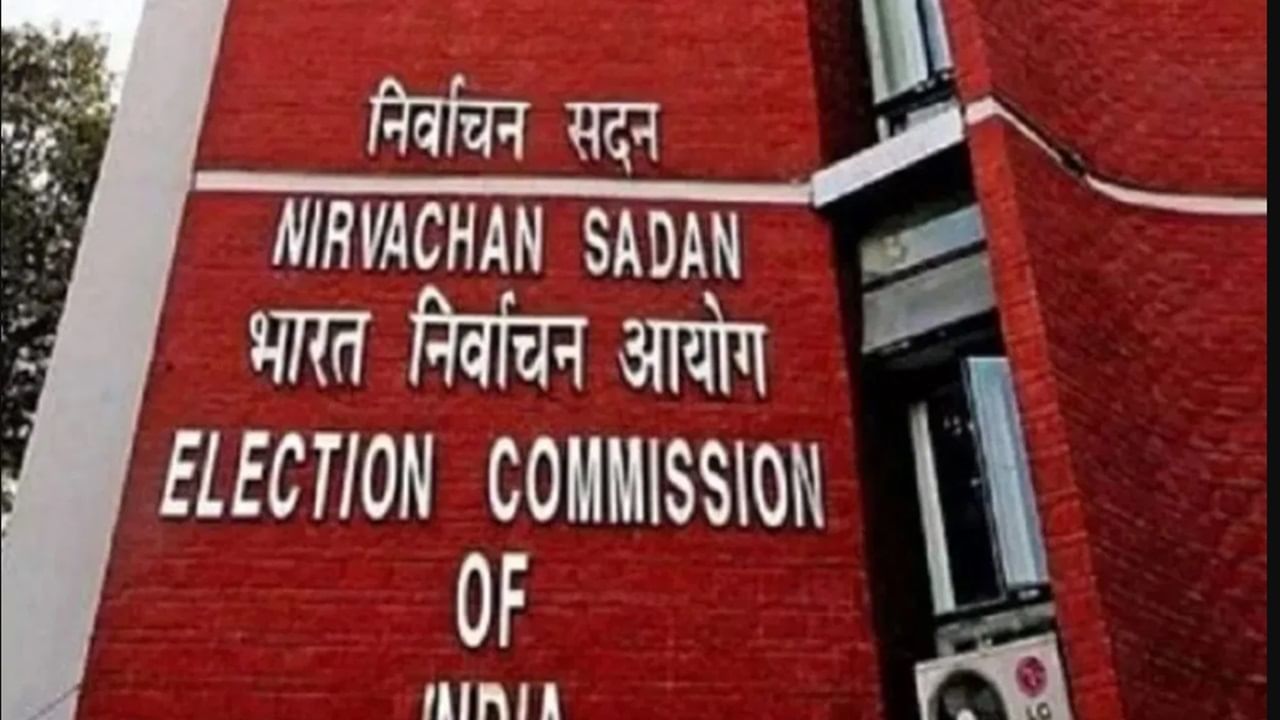
New Delhi: Amid renewed demands to retain polling booth surveillance footage for longer than 45 days, the Election Commission (EC) has defended its existing rule, citing potential risks to voter privacy and safety. Sources within the poll panel acknowledged that although the demand may appear rational, it goes against legal safeguards and could lead to serious consequences.
“What is veiled as a very logical demand is contrary to the privacy and security concerns of the voters, legal position laid down in the Representation of the People Act 1950/1951 and the directions of the Supreme Court,” one source noted.
Rahul slams EC rule
The response came shortly after Congress leader Rahul Gandhi levelled sharp allegations against the EC. On Saturday afternoon, the newly appointed Leader of the Opposition in the Lok Sabha took to social media platform X to raise concerns over electoral transparency and questioned the practice of deleting polling-related videos within 45 days.
“Voter list? Will not provide machine-readable format; CCTV footage? It was hidden by changing the law; Photo-video of the election? Not in 1 year, we will destroy it in 45 days. The one from whom answers are needed is destroying the evidence. It is clear the match is fixed. And a fixed election is poison for democracy,” Gandhi posted in Hindi.
EC cites voter safety
Responding to the allegations, EC sources laid out their rationale for the 45-day retention rule. They pointed out that making the footage available for longer or sharing it could compromise voter identity and allow political entities or others to exert undue influence.
“Sharing of the footage, which would enable easy identification of the electors by any group or an individual, would leave both the elector who has voted and those who have not vulnerable to pressure, discrimination and intimidation by anti-social elements. For instance, if a particular political party gets fewer number of votes in a particular booth, it would easily be able to identify, through the CCTV footage, which elector has voted and which elector has not, and thereafter, may harass or intimidate the electors,” the source explained.
While opposition leaders continue to demand increased transparency, the EC insists that it must balance openness with the need to protect individual voters from potential harm.


